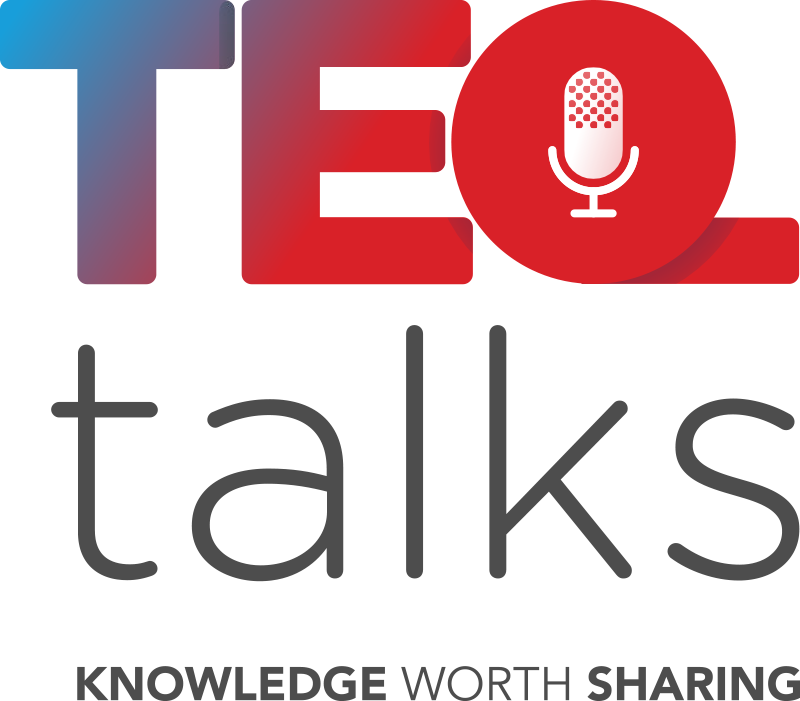Say goodbye to boring webinar and hello to interactivity with TEQ Talks!
Join us in this innovative approach to technical and quality talks, led by our experts. Get ready to actively participate and join the conversation, where selected attendees will have the chance to introduce themselves and ask their questions live to our experts.
Are you ready for this new and exciting way of learning?
What will I learn?
The new version of GAMP® 5 was issued in order to update several areas of content included in the previous 14-year-old version to implement the technical and methodological changes that have taken place in recent years. Critical Thinking has been introduced and rolled out in the new guidance in order to reduce the amount of unnecessary effort and documentation and to redirect the focus of demonstrating the validated and reliable status of a system towards a new direction: the system’s fitness for its intended use. New approached to specifications issuing, testing execution and verification of the reliability and fitness for intended use of computerized systems are extensively described through the new approach with a strong focus on leverage the testing effort during Computerized System Assurance, include supplier's testing and rely on SME's experience in testing and challenging the system.
Another topic introduced in new version of GAMP® 5 is Agile Software Development. Agile approach helps regulated companies with less clearly defined requirements/ scope to commence with a discovery phase to develop an initial backlog requirement and enable faster initial system deployment and subsequent incremental developments. Agile is typically used with sets of tools providing quality/ GxP control over the product backlog, configuration, testing, and release activities enabling shorter cycle times, higher quality in delivery, better user engagement and demonstrating that the system is fit for intended use.




